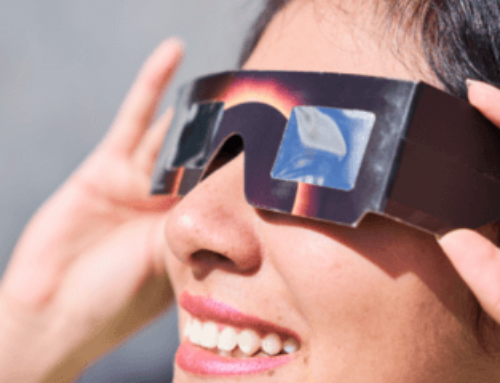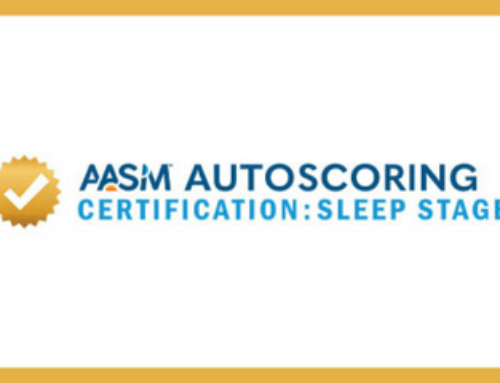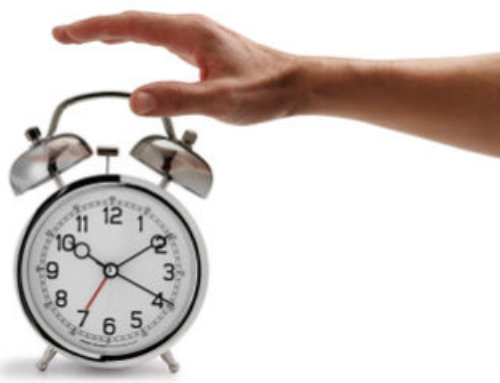DARIEN, IL – A new study found that normal older adults who experience excessive sleepiness during the day or significant fatigue may have more brain atrophy than expected for their age, particularly in areas of the brain that are more susceptible to aging and Alzheimer’s disease.
Results show that subjects with excessive daytime sleepiness or fatigue not only had more disturbed sleep, but also significantly lower cognitive scores and more medical comorbidities.
“Our results may help to identify individuals at higher susceptibility or risk for dementia prior to symptom onset so that appropriate interventions can be undertaken early to prevent progression to dementia,” said lead author, Diego Z. Carvalho, MD, a resident physician of neurology at the Mayo Clinic in Rochester, Minnesota.
The research abstract was published recently in an online supplement of the journal Sleep and will be presented Tuesday, June 14, and Wednesday, June 15, in Denver at SLEEP 2016, the 30th Anniversary Meeting of the Associated Professional Sleep Societies LLC (APSS).
In the Mayo Clinic Study of Aging, the authors identified 1,374 cognitively normal elderly aged 50 years and older who completed sleepiness and fatigue surveys and had a baseline structural magnetic resonance imaging (MRI). Excessive daytime sleepiness was defined as Epworth Sleepiness Scale of 10 or more. Fatigue severity was assessed with the Beck Depression Inventory-II.
The study was supported by the National Institute on Aging.
Abstract Title: Sleepiness and Fatigue associated with Brain Atrophy in Cognitively Normal Elderly: Mayo Clinic Study of Aging
Abstract ID: 0979
Presentation Date: Tuesday, June 14 and Wednesday, June 15
Presentation Type: Poster and Oral
Presentation Time: Poster, Tuesday, 4:00 p.m. to 6:00 p.m. and Oral, Wednesday, 1:45 p.m. to 2:00 p.m.
SLEEP 2016 is a joint venture of the American Academy of Sleep Medicine and the Sleep Research Society. The SLEEP 2016 abstract supplement is available at http://sleepmeeting.org/abstract-supplements. For a copy of the abstract or to arrange an interview with the study author or an AASM spokesperson, please contact AASM Senior Communications Coordinator Amy Pyle at 630-737-9700, ext. 9366, or apyle@aasm.org.
About the American Academy of Sleep Medicine
Established in 1975, the American Academy of Sleep Medicine (AASM) improves sleep health and promotes high quality patient centered care through advocacy, education, strategic research, and practice standards. The AASM has a combined membership of 11,000 accredited member sleep centers and individual members, including physicians, scientists and other health care professionals.








